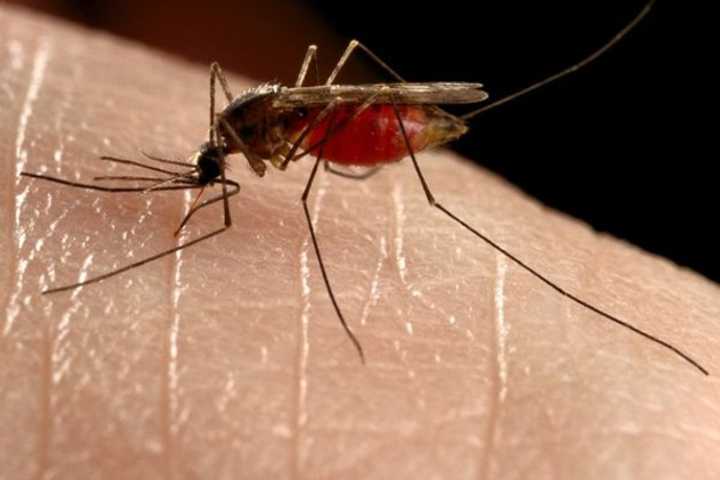Zika is a mosquito-borne virus that can cause fever, rash, joint pain and conjunctivitis lasting several days to a week. There is no vaccine and deaths are rare, but the virus can spread from pregnant women to their fetuses, leading to birth defects and miscarriages.
Tuesday's results is the third positive test in Connecticut and the first for a pregnant woman, the DPH said. To date, 426 cases of travel-related Zika have been reported in the continental United States, 36 of which were pregnant women and eight of which were sexually transmitted.
The woman who tested positive Tuesday became ill with fever and rash while traveling in Central America. Her blood was tested and Zika antibodies were identified, with results confirmed by the Centers for Disease Control and Prevention, according to the DPH.
The woman has returned to Central America, and DPH officials have contacted her Connecticut physician with positive results and are working to get in touch with the woman or her family to ensure that she seeks medical care while out of the country.
"We are working with the patient’s physician to ensure that both the physician and the patient have all the necessary information and guidance they need," said DPH Commissioner Raul Pino. "This virus is very dangerous for the babies of pregnant women, causing serious birth defects and miscarriages. It is extremely important for women who plan to become pregnant or who are pregnant to postpone travel to Zika affected areas. If travel cannot be avoided, women must take steps to protect themselves from mosquito bites: wear insect repellant and long sleeves and pants, and stay in locations with window and door screens or air conditioning, if possible."
Pino also stressed that male partners of women who are pregnant or plan to become pregnant should take precautions if they travel to Zika-affected areas. Men diagnosed with Zika should consider using condoms or not having sex for at least six months after symptoms being. Men who travel to areas with Zika but do not develop symptoms should consider using condoms or not having sex for at least eight weeks after their return.
Click here to follow Daily Voice Fairfield and receive free news updates.
